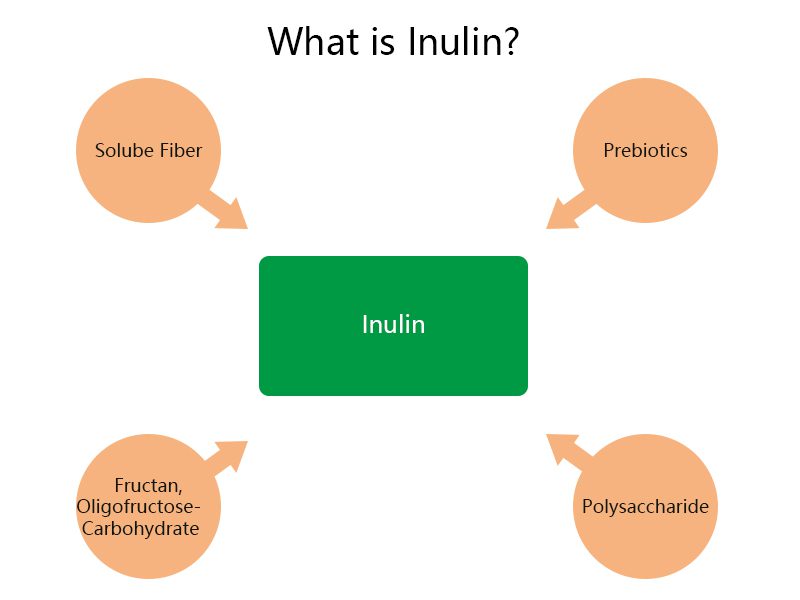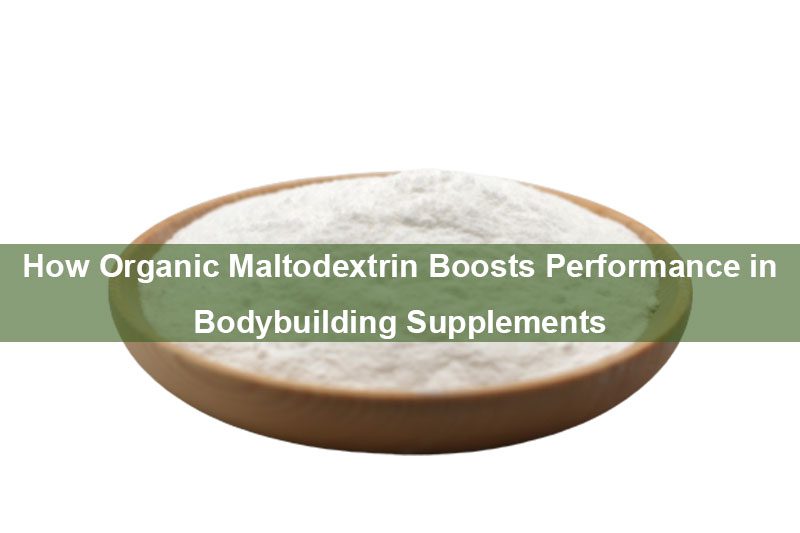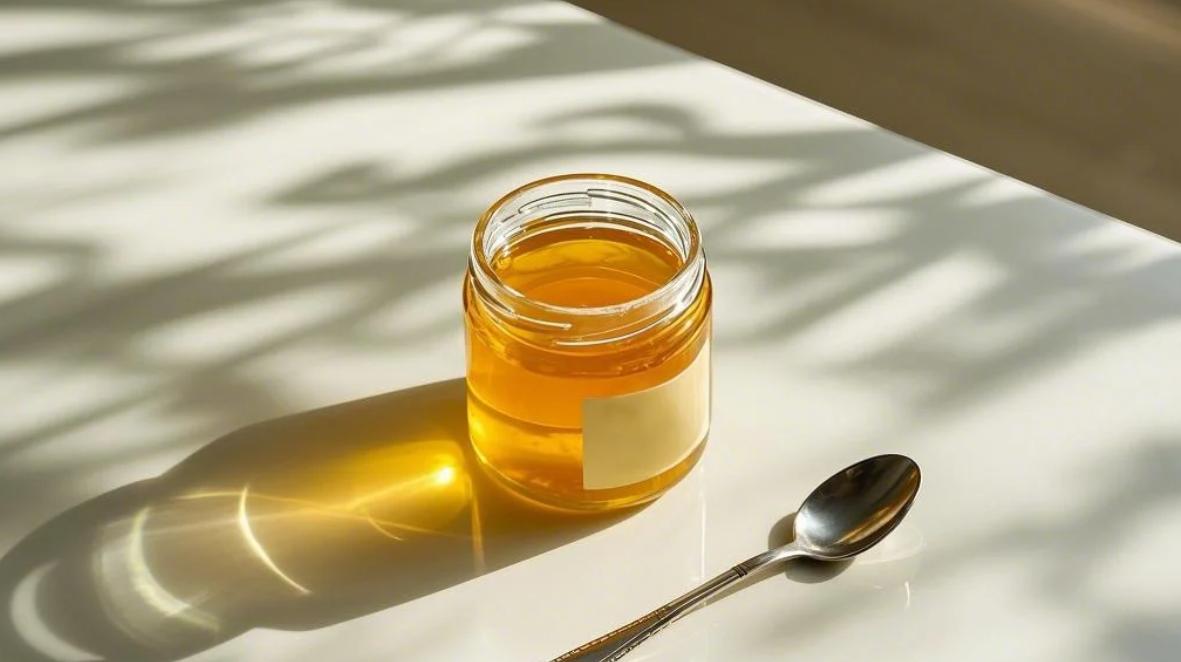Table of Contents
What is Inulin?
Inulins are a group of naturally occurring polysaccharides produced by many types of plants, including agave, wheat, onion, bananas, garlic, asparagus, Jerusalem artichoke, and chicory, industrially most often extracted from chicory in the Europe and Jerusalem artichoke in China.
Inulin is a type of oligosaccharide called a fructan. Fructans are a chain of fructose (sugar) molecules strung together. Inulin is fermented by bacteria that normalize the colon and is considered a prebiotic. Prebiotics may improve gastrointestinal health as well as potentially enhance calcium absorption. This prebiotic dietary fiber is a type of carbohydrate that’s not digested in your body, but is used as “food” by your gut’s good bacteria. Inulin promotes the abundance of good bacteria that keep your gut healthy and happy like Bifidobacteria, probiotic microbes that help maintain balance in the microbiome and deter invaders.

This is also true of butyrate-producing bacteria — butyrate is a special short-chain fatty acid that fuels gut cells, maintains the gut lining, and combats inflammation.
Inulin is also a type of soluble fibre, which is important for general digestive health. Soluble fiber absorbs water in the gut to form a gel-like substance, which softens stool, reduces hunger, improves motility, and relieves constipation.
Inulin is frequently used as a fat substitute or sweetener. It can be used as an alternative to eggs in baked goods and added to ice cream to prevent ice crystals and reduce the amount of fat. Inulin is also available in capsule, gummy, tablet and powder forms, too.
Inulin benefits
Gut health
Prebiotics boost the abundance of health-promoting bacteria in your gut and increase their activity. Inulin is a prebiotic that can help diversify the gut microbiome (which is a sign of gut health) and provide fuel for good bacteria to make important substances, like short-chain fatty acids and vitamins.
By eating inulin-rich foods, you can help your bacteria perform activities that keep your gut healthy. For example, Bifidobacteria, a group of probiotic microbes that feed on inulin foods and inulin supplements, do many valuable jobs for your gut:
Maintaining gut pH by producing lactate and acetate
Feeding other bacteria with metabolites they produce
Deterring pathogens and opportunistic microbes
Modulating the immune system
Making vitamins like B and K
Inulin and Constipation
Inulin is a soluble fibre that can relieve constipation. Soluble fibre absorbs water in the gut, creating a gel-like texture and softening stool. This normalises bowel transit and eases constipation.
The study showed that 10g of chicory root inulin per day improved both stool frequency and consistency in middle-aged people with mild, chronic constipation.
Inulin and Diabetes
Inulin food supplements reduced both fasting blood sugar and HbA1c levelssignificantly. A review of many studies using inulin fiber confirms that this prebiotic may be helpful for managing blood sugar and blood lipid problems in elderly people with diabetes type II.
Inulin and Weight Loss
Inulin may help with weight loss by making you feel full.
Soluble fiber helps curb hunger and increases the feeling of fullness after meals. There is some research to show that inulin soluble fiber may promote weight loss, particularly in prediabetic individuals.
Improved Calcium and Magnesium Absorption
Inulin fiber improves the absorption of specific minerals in the gut, namely calcium and magnesium. Magnesium is a mineral that the body needs for many biochemical reactions that maintain nerve and muscle function, blood sugar levels, and blood pressure. Calcium is just as important. It supports healthy bones and helps the nervous system to communicate with the body.

